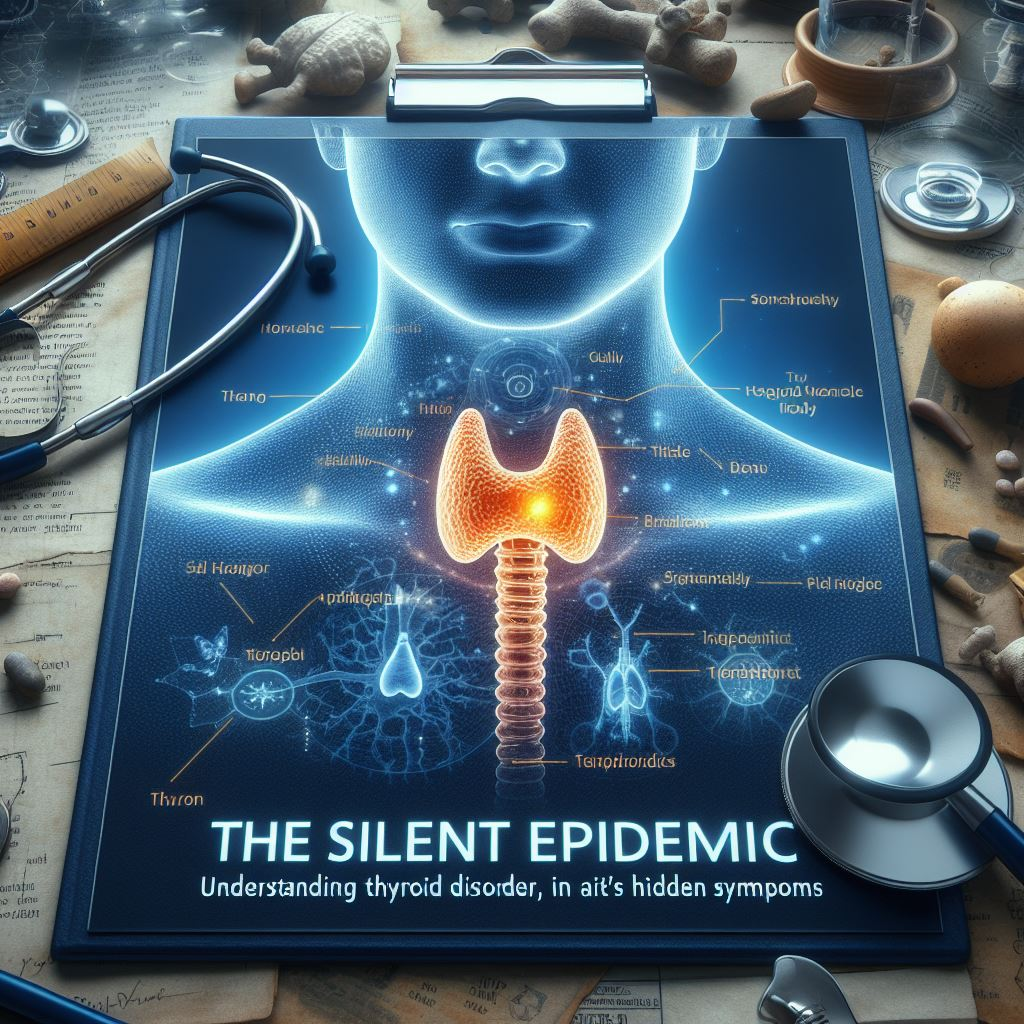Overview
Typhoid is an infectious disease with an acute fever of short duration and occur only in humans. Typhoid, also known as enteric fever, is a common worldwide bacterial disease caused by the ingestion of contaminated food or water.
It is very common in India. Symptoms usually develop one to two weeks after exposure, and may be mild or severe.
Infection begins in the small intestine, where bacteria reach the blood stream through penetrating intestinal wall. Here disintegration of bacteria by action of antibodies takes place and compliment results in symptom as fever.
Infection may be as short as 3 days or as long as 3 weeks depending upon the dose of bacilli ingested.
Causes
Typhoid is caused by bacteria called Salmonella typhi. Faeces and urine of the patients or carriers of the disease are the source of infection. Drinking water or milk and food contaminated by intestinal contents of the patients or ‘carriers’ or by flies which often transmit the disease.
Typhoid bacilli do not multiply in water but some may survive for about a week. They may survive for over a month in ice and ice-cream.
They grow rapidly in milk without altering it’s taste or appearance in anyway. Vegetables grown in sewage farms or washed in contaminated water are a positive health hazard.
Symptoms and Sign
- Anorexia
- Headache
- Vomiting
- Spiky high fever (103-104 F)
- Loss of appetite
- Weight loss
- Diarrhoea
- Intestinal ulcer
- Inflammation of the intestine
- Enlargement of spleen
Dietary Suggestions
A high calorie, high protein, high carbohydrate, low fat, high fluid, low fibre and bland diet is suggested.
At first clear fluid is given, followed by full fluid and soft diet. On liquid diets the patient may not meet high calorie and high protein requirements. As the patient is improving soft diet can be given. Fever may upset water balance and liquid diet are helpful in meeting water and electrolyte requirements.
Due to intestinal inflammation, irritating fibers and spices in the diet should be avoided.
Medications
Antibiotics, such as ampicillin, chloramphenicol, trimethoprim, sulfamethoxazole, amoxicillin and ciprofloxacin, have been commonly used to treat enteric fever. This is just for better understanding of health, for any treatment you must consult your health care provider.
Conclusion
Typhoid can be treated successfully through the course of antibiotic drugs, but to avoid any kind of infection, it is always advisable to wash your hand and avoid consumption of contaminated water and food. Other than that diet can be helpful to fight against such bacterial disease.
References


